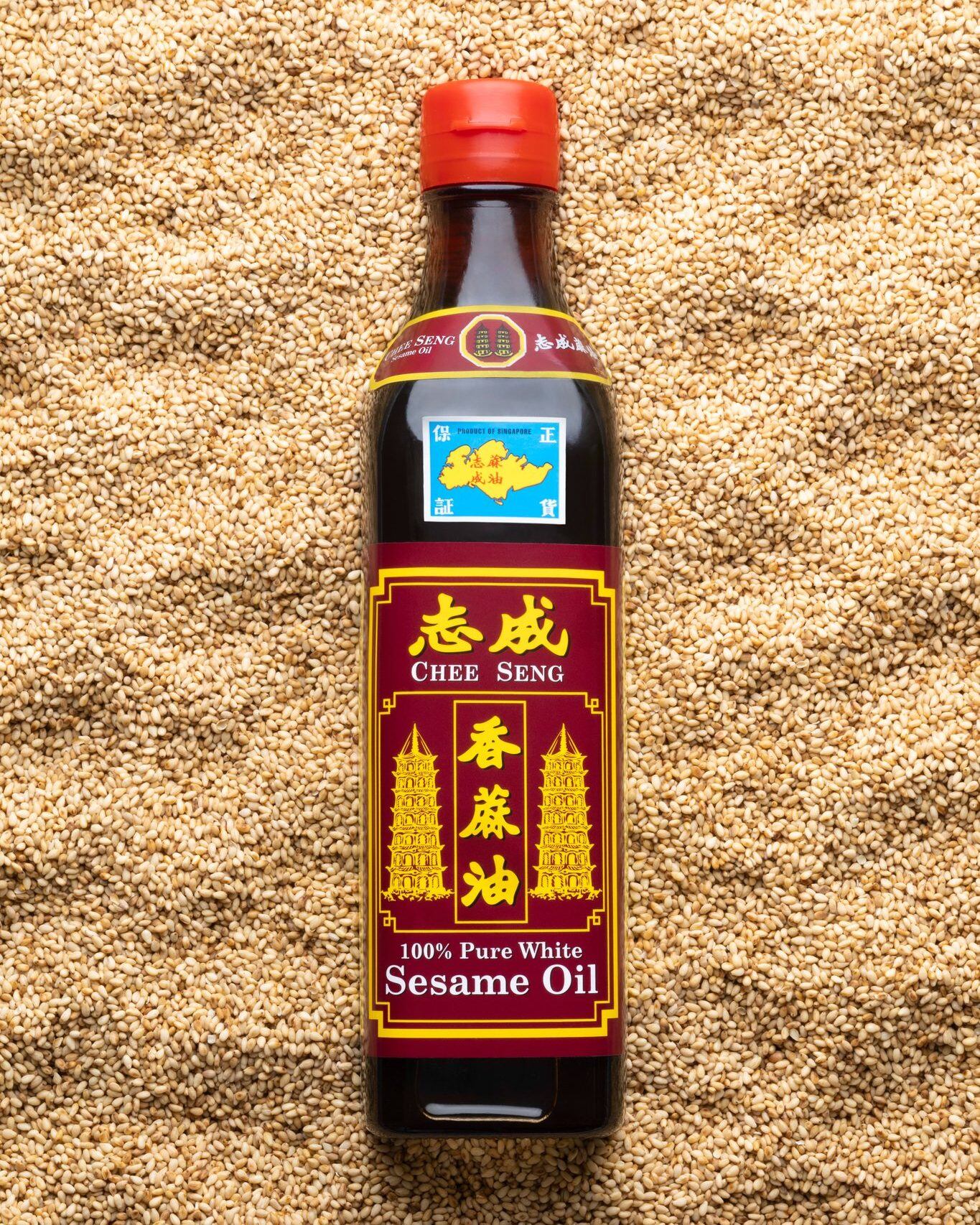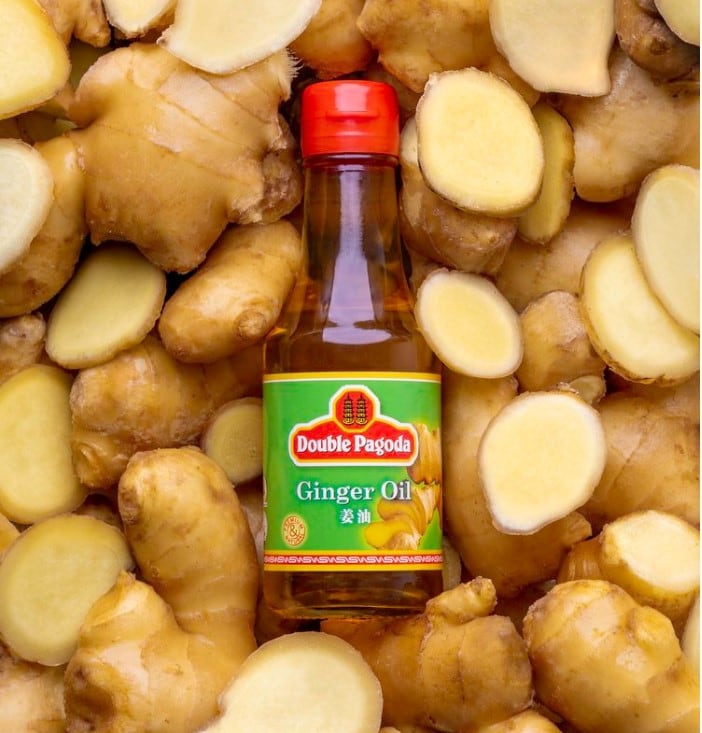Chee Seng is one of Singapore’s oldest edible oil firms, established in 1943 and specialising in sesame oil since 1956. It is considered one of the country’s pioneering firms to use modern oil pressing technology.
In Asia, one of the most major markets for sesame oil has always been for confinement, i.e. a 30 to 40 day period after a woman delivers a baby which is traditionally considered essential to getting her back to full health and vitality.
Sesame oil is traditionally a major component of the confinement diet due to its ‘warming’ properties which are meant to help the body remove ‘coldness’ after childbirth.

“Although there can be no denying the important role that sesame oil continues to play in the traditional confinement diet today, we believe that there are much wider potential uses for it beyond this application,” Chee Seng Oil Factory Sales and Marketing Director Lim Kay Kheng told FoodNavigator-Asia at the recent Food and Hotel Asia (FHA) 2025 show in Singapore.
“So what we are looking to do is to move sesame oil beyond its conventional like cooking with chicken, expanding it to be used in new consumption occasions and applications.
“These can range from something as simple as frying an egg with sesame oil instead of regular cooking oil, to developing fusion dishes with it such - some examples we have created include vegetable tarts and foccacias.
“Sesame oil has an added advantage over many other oils of having an additional natural fragrant aroma, which makes it very appealing in many types of dishes.”
Convenient cooking
To do this, the firm has also created a range of flavoured sesame oils under its Double Pagoda brand, targeting the convenience factor to increase attractiveness.

“This range includes flavours such as garlic, ginger, shallots and the trending Szechuan pepper or mala mixed with our sesame oil,” he added.
“These products are targeted at young families who want to cook at home but are short on time and experience when it comes to handling herbs and spices, as these already have the relevant ingredients infused into the oils and can replace condiments to some degree, improving the flavour and aroma of dishes.
“It is very in line with current trends where consumers are increasingly seeking out convenient options, and also gives us the opportunity to bring a touch of tradition into modern consumer kitchens.”


